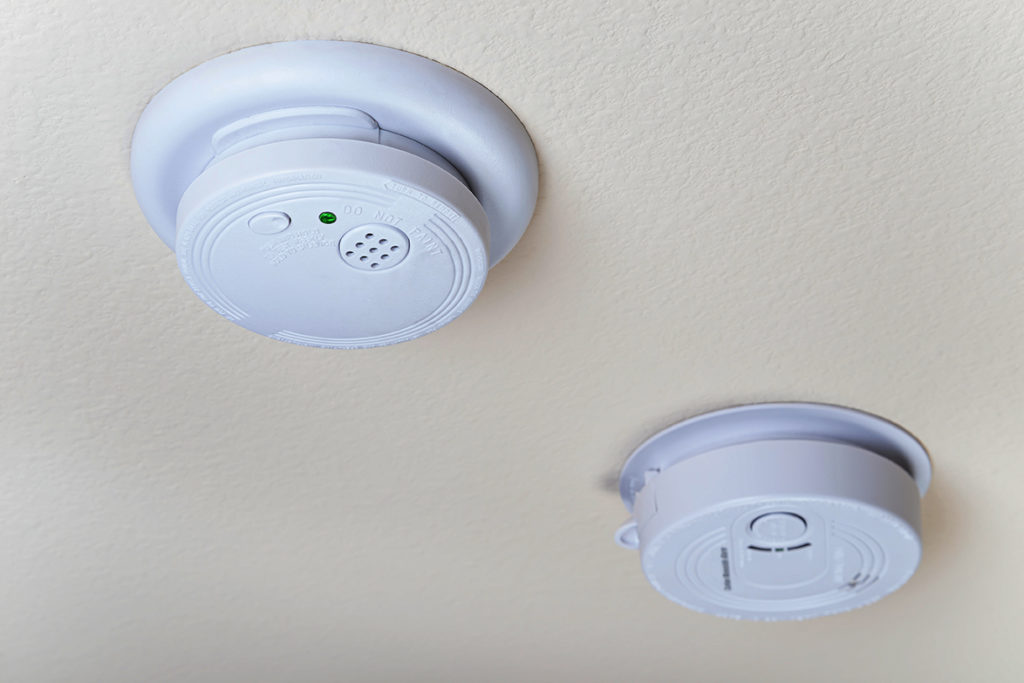The Smoke and Carbon Monoxide Alarm (England) Regulations 2015 were enacted by Parliament to lower the risk of injury or death from smoke or carbon monoxide in the private rented sector; they only apply to England.
As on October 1, 2015, private sector landlords must ensure the installation of smoke alarms on every level of their rental premises that are utilised as living accommodations, as well as a carbon monoxide alarm in any room housing a solid fuel burning item, such as a wood-burning stove. Then, at the start of each new rental, landlords must ensure that the alarms are operational.
Despite the fact that 40% of fire-related deaths occur in buildings without functional smoke alarms, only 83 percent of private rental properties have working smoke alarms.
Plan Insurance can accommodate your Property Owners & Landlord Insurance needs. Just fill in our short call back form, and our professional brokers will be in contact to arrange your insurance.
What types of tenancy are affected?
The restrictions apply to any tenancy, lease, or licence of residential premises in England that allows someone to occupy all or part of the premises as their exclusive or primary residence in exchange for rent.
Are any tenancies excluded?
Certain types of tenancies are exempt from the laws, such as shared housing with the landlord or the landlord’s family, extended leases, student halls of residence, hostels and refuges, care homes, hospitals and hospices, and other healthcare-related lodging.
Quick Facts:
- The Smoke and Carbon Monoxide Alarm (England) Regulations 2015 were adopted by Parliament and went into effect on October 1, 2015.
- These rules were put in place as part of a government attempt to limit the risk of injury or death in the private leased sector due to smoke or carbon monoxide.
When must the alarms be inspected?
On the first day of any new tenancy beginning on or after October 1, 2015, and in any premises let under an existing tenancy before that date, landlords must check that the requisite alarms are in working order.
What is the penalty for non-compliance?
Local housing authorities will be in charge of implementing the restrictions, and can fine a landlord up to £5,000 in civil penalties.
There is no set way for demonstrating landlord compliance, though going over an inventory with tenants on the first day of their leases and having them sign a statement confirming the inventory and that the needed alarms have been checked and are in working condition is one option.
For more guidance, consult the actual language of the regulations here.


